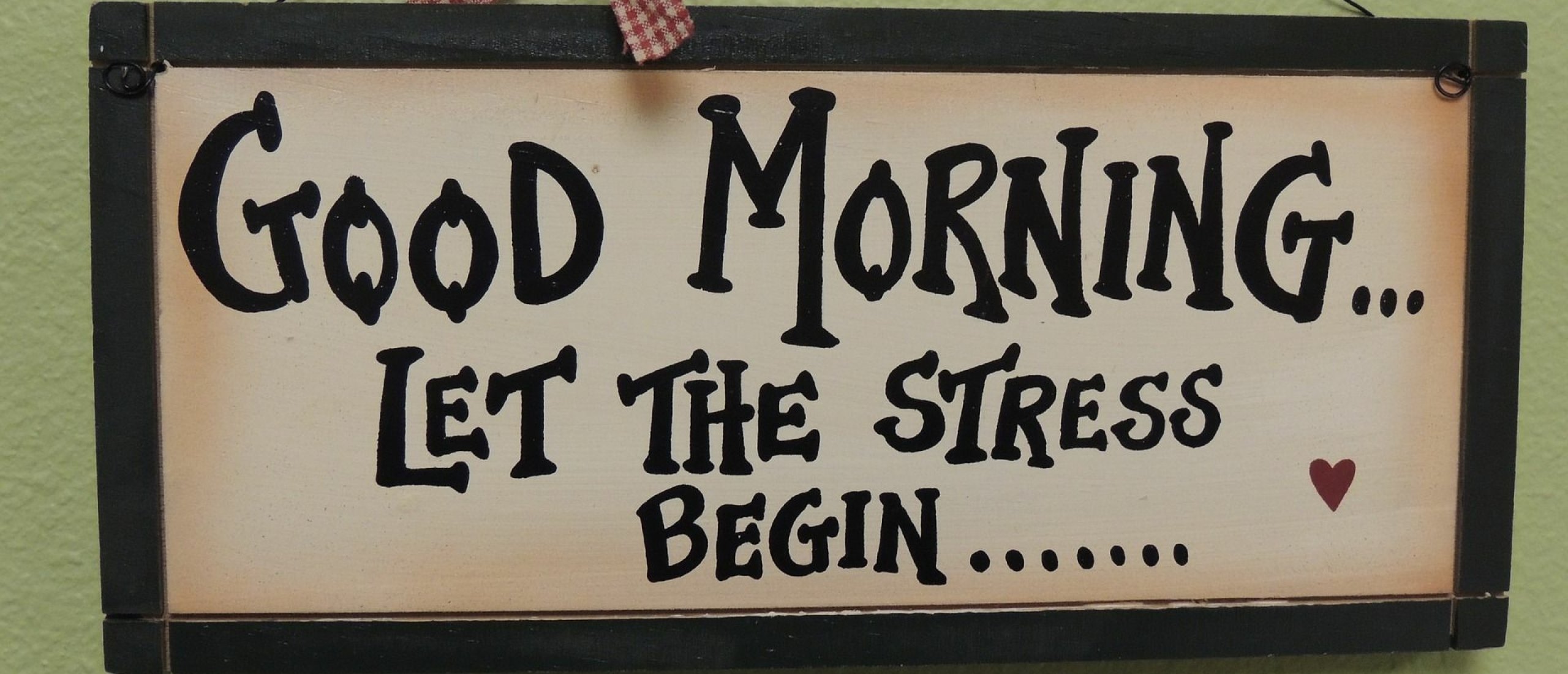
Introduction
Workplace stress sparks heated debate. Ask a group of employees and managers how to handle it, and you’ll hear everything from “just get on with it” to “set strict boundaries”. We reviewed a wide range of employee and employer comments on stress at work, and the voices reveal frustration, humor, cynicism, and valuable lessons.
At StressInsight, we believe the key to reducing workplace stress is finding the approach that fits your situation and personality. Below, we explore what people are really saying about stress at work — and what these perspectives mean for you.
1. The Pressure of a 24/7 Economy
“It’s all about fast, fast, fast. Quantity over quality. Workload is too high.”
Many employees see stress as a structural issue. A culture of constant speed leaves little room for recovery. Research supports this: chronic overload without rest is one of the strongest predictors of burnout.
Broader perspective: If your stress comes from unrealistic workload and constant deadlines, individual coping tricks won’t be enough. Solutions must involve workload management, fair planning, and sometimes renegotiating expectations with managers or clients.
Our View: Look at your daily tasks. Are you rewarded for speed or for quality? If it’s always speed, that mismatch may be a source of chronic stress. Small conversations about priorities can prevent bigger problems.
2. “Just Keep Going”: The Stoic Approach
“Don’t complain, just keep going. Maybe slow down your social life and curse now and then.”
Some people cope with stress by toughing it out. While resilience is valuable, ignoring signs of stress can backfire. Stress that isn’t addressed often turns into exhaustion or health issues.
Broader perspective: Stoicism works for some personalities, especially those high in conscientiousness. But for others, “pushing through” only deepens stress.
Our View: If this is your natural style, balance it with recovery. Rest isn’t a weakness — it’s a strategy to sustain performance long-term.
3. Boundaries Between Work and Private Life
“Refuse the company phone, or switch it off after 5 pm. Weekend is weekend.”
This advice reflects a growing trend: the right to disconnect. Being constantly reachable keeps your stress system switched on.
Broader perspective: People differ in how much boundary control they need. Some thrive on flexibility, others need strict separation between work and home.
Our View: Experiment with what works for you. If you notice Sunday emails ruin your weekend, create a hard cutoff. If flexibility energizes you, use it — but stay alert to signs of overload.
4. Generational Misunderstandings
“Young people want the perfect job, perfect life, but collapse quickly.”
“Burnout is not a complaint, it’s a disease.”
Generational clashes are common. Older employees may view younger ones as fragile, while younger workers feel invalidated. In reality, stress sensitivity is shaped by personality, upbringing, experience and environment — not just age.
Broader perspective: Labeling an entire generation as “weak” dismisses the complexity of stress. At the same time, expectations of perfection can indeed create pressure.
Our View: If you’re younger, be mindful of unrealistic ideals. If you’re older, recognize that burnout is real. Stress management starts with mutual understanding, not stereotypes.
5. Meetings, Career Choices, and Saying “No”
“Never accept meeting invites without asking why.”
“Pick a job you enjoy and stay there. Don’t hop for a few extra dollars.”
These voices focus on taking control. Stress often comes from hidden drains: endless meetings, unclear priorities, or constant job transitions.
Broader perspective: Research shows that control and autonomy strongly protect against stress. Choosing where you spend your energy is more powerful than any quick-fix relaxation technique.
Our View: Practice small acts of control. Say “no” to one unnecessary meeting, or clarify your role in a project. Over time, these decisions build resilience.
6. What Good Leadership Looks Like
“Work with trust instead of micromanagement. Support people when personal issues arise. Show appreciation, even after mistakes.”
This comment reflects what science confirms: employees who feel supported and appreciated report lower stress and higher motivation.
Not everyone agrees. As one manager put it: “Trust is good, but control is better.”
Broader perspective: Both are partly right. Freedom without accountability can fail. But control without trust breeds stress. The healthiest workplaces strike a balance.
Our View: If you’re a manager, notice whether you lean too far toward control or freedom. If you’re an employee, communicate what kind of support helps you thrive.
7. Lessons from Experience: A Nurse’s Story
“Humor, realism, love for people, and good colleagues kept me going. But when managers dismissed my stress, I left — and found joy and better pay elsewhere.”
This shows that sometimes the healthiest choice is to change environments. Not all stress can be fixed from within.
Broader perspective: Leaving a toxic workplace isn’t failure — it’s self-preservation. Research shows that regaining control, even by changing jobs, restores motivation and reduces long-term stress risk.
Our View: If nothing changes despite your efforts, explore your options. Sometimes the only real solution is to move on.
Conclusion: Stress Solutions Must Be Personal
The voices we’ve reviewed show that workplace stress has no single solution. For some, the answer is setting boundaries. For others, it’s resilience, better leadership, or even leaving the job entirely.
At StressInsight, our philosophy is clear: the right solution is the one that fits your situation, personality, and values. That’s why our course and tools don’t prescribe one rigid method but guide you to discover your own path out of stress.
👉 Want to learn more? Explore our Surmounting Stress course











